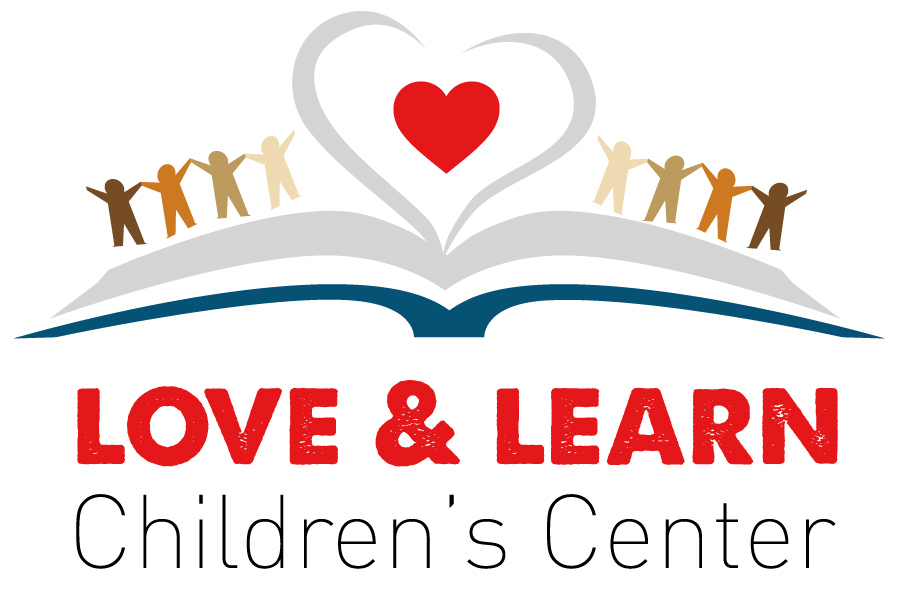Mission Statement
Our mission at Love & Learn Children’s Center is to engage and educate all students to develop a lifelong love of learning and to become bilingual, biliterate, and build cultural awareness through high quality education programs while promoting social, emotional, physical, and cognitive development in a safe, stimulating, and caring environment.
Vision
The Dual Language and Intercultural program at Love & Learn Children’s Center is designed to develop bilingual, bi-literate, and intercultural students who love learning, think critically, and have an enhanced respect and appreciation for other languages and cultures.
Curriculum
Love & Learn Children’s Center uses the Creative Curriculum. Objectives for development and learning include social-emotional, physical, language, cognitive, literacy, mathematics, science, technology, social studies, the arts and cultural awareness. In addition, our curriculum will emerge from children’s interest, teachers’ observations, and events in the lives of the children and their families. Our curriculum reflects, values, and extends the richness of the diversity of the children, staff, and families at the center. A respect for individual differences underlies all we do. In addition, children will be allowed to make choices about what materials to use and what activities to participate in throughout the day. They will be offered opportunities to participate in individual, small group and large group experiences, while being stimulated with a bilingual education and diversity.
STEAM
STEAM learning (Science, Technology, Engineering, Arts, and Mathematics) has become a crucial ingredient of early childhood education because these subjects help prepare children for life today and in their future. We introduce STEAM early on to help children develop communication, collaboration, creativity, and critical-thinking skills, which are valuable in any career path.
- Science encourages investigation and answering questions, often involving experimentation.
- Technology refers to using simple tools like crayons and rulers, and more complex ones like microscopes and computers.
- Engineering refers to recognizing problems and testing solutions.
- Arts encourage creativity and allow children to illustrate concepts they are learning.
- Mathematics deals with numbers, but also patterns, shapes, organizational skills, and much more.
